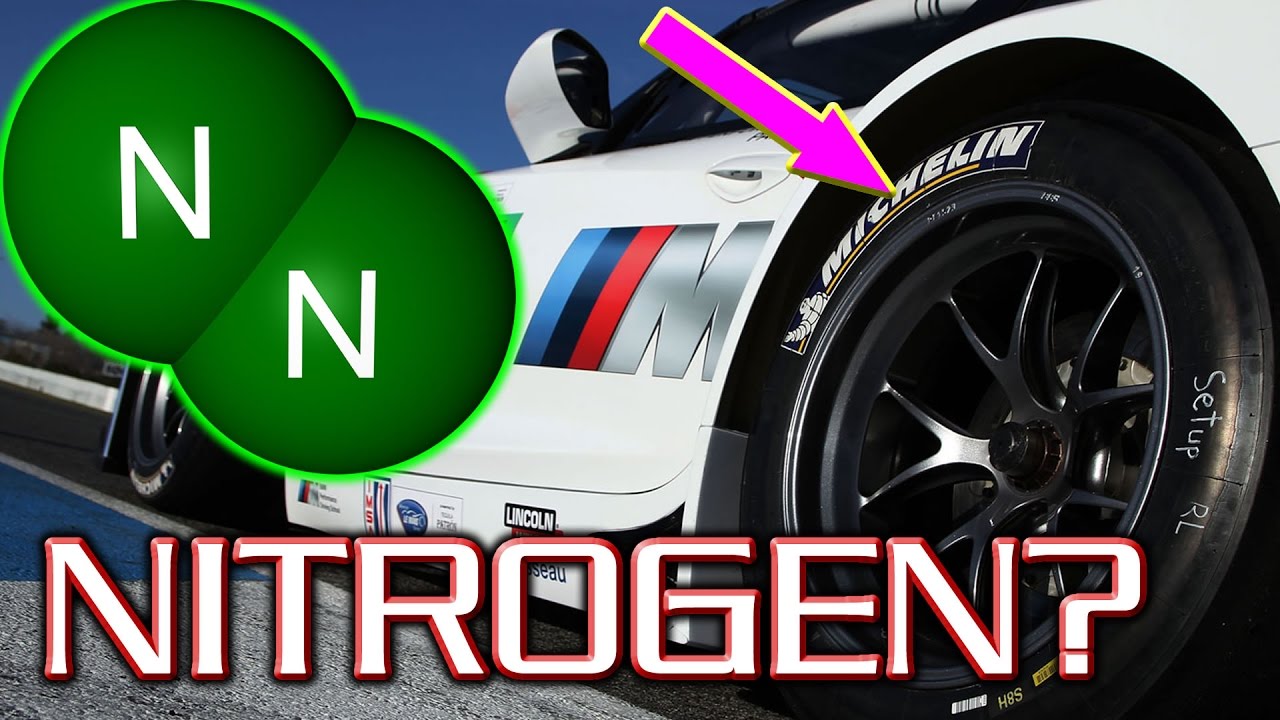What make nitrogen a better choice when inflating your tyres!
Inflating tyres of your vehicle with air is part of a daily routine for anyone who keeps one. But have you ever thought that the same air which is vital for your tyres to roll could also be harmful at the same time? What exactly makes it harmful? What is the alternative choice to inflate the tyres? We will try to answer all these questions in this particular article.
Also Read: Regular Wheel Alignment Saves You Money In Longer Run
If we talk about Pakistan, air is the only option when we talk about this topic. However, there is another option, and that is nitrogen gas. Nitrogen is considered to be a better choice to inflate tyres than simple air.
The Composition of Air and Nitrogen:
Air is composed of 78.09% Nitrogen, 20.95% Oxygen, 0.93% Argon, 0.04% Carbon dioxide and small concentrations of other gases. Air also consists of a variable amount of water vapours as well (estimated near 1% of the total composition). The 78% amount of nitrogen is still not good enough for the tyres. What is the secret behind this phenomenon? Let’s have a look at the benefits of nitrogen over simple air.
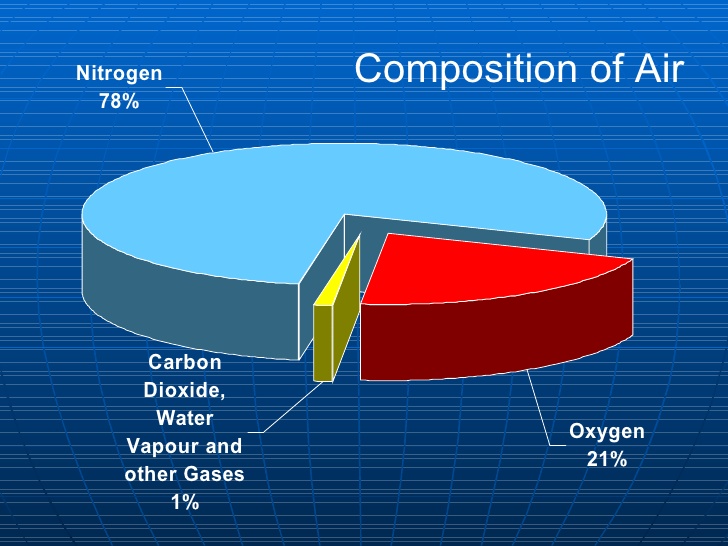
- No Oxidation:
The amount of oxygen and water vapours present in the air makes the real difference. Where oxygen is necessary for the survival of human beings and almost all living organisms, it is equally destructive for many processes as well. For example, in this case; oxidation, also known as rust or corrosion, takes place with the help of oxygen and is highly devastating for the rubber and steel part of the tyre. The oxygen accumulates in the tyres, and with the help of a tiny amount of water vapours, causes oxidation to take place. The steel part of the wheel will get corrosive over a span of years without you knowing the reason for it. On the other hand, nitrogen is an inert gas which is free of oxygen. This property of nitrogen makes it oxidation free gas.
- Fewer chances of Tyre Blow-out:
Nitrogen is useful in terms of the safety of passengers. As mentioned earlier, oxidation also makes the tyre brittle which in the long run increases the chances of tyre blow-out. This can, of course, also result in a fatal accident.
- Maintained Tyre pressure:
Ever wondered why we lose pressure in tyres with the passage of time? One might think of a leakage causing this to happen. Yes, but not a puncture or nozzle causing air to leak. The oxygen molecules are much smaller than that of nitrogen and therefore tend to seep through the strands that make up the tyres. This is why we lose roughly 2-4 PSI of air pressure after a month or so. Therefore, pure nitrogen gas is considered the best alternative as a solution to this problem. You can easily save your tyre pressure due to this property of nitrogen. Nitrogen molecules also cannot penetrate through the tyre rubber which leaves no chance of losing even 1 PSI of gas unless there is an external leakage.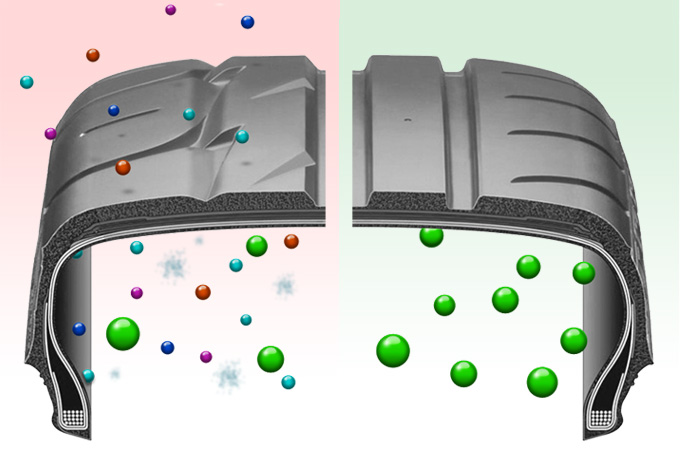
- Increased Life-Span of tyres:
Since nitrogen helps in keeping the tyre pressure at a fixed level, it increases the lifespan of a tyre by reducing the wear and tear. Under-inflated tyres face more damage since an additional surface of the tyre is exposed to the road which increases friction.
- Better Fuel-consumption:
Everyone is concerned about the fuel consumption of their vehicle but very little do we know tyre pressure plays a vital role in deciding how much distance your vehicle will cover in a tank. Under-inflated tyres generate more friction with the road. The engine has to produce more power to move the vehicle in this case, resulting in more fuel consumption.
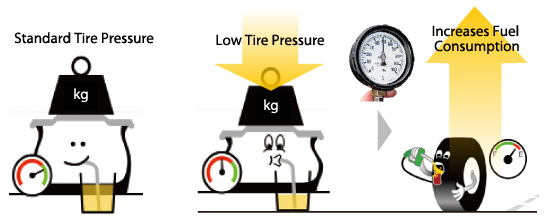
- Less Pressure change:
Nitrogen is used to fill tyres of racing cars these days. Experience of racing drivers reveals that the nitrogen filled tyres exhibit less pressure change with the change in temperature. This property makes nitrogen predictable and beneficial over the simple air.
- Environmentally friendly:
Nitrogen is potentially greener for the environment. By achieving better fuel consumption, less fuel is consumed by the vehicles and thus producing fewer emissions in the environment. It helps in controlling pollution in this way. The long life of tyre means reduced manufacturing which results in reduced shipment and industrial waste, hence saving fuel and helping the environment.
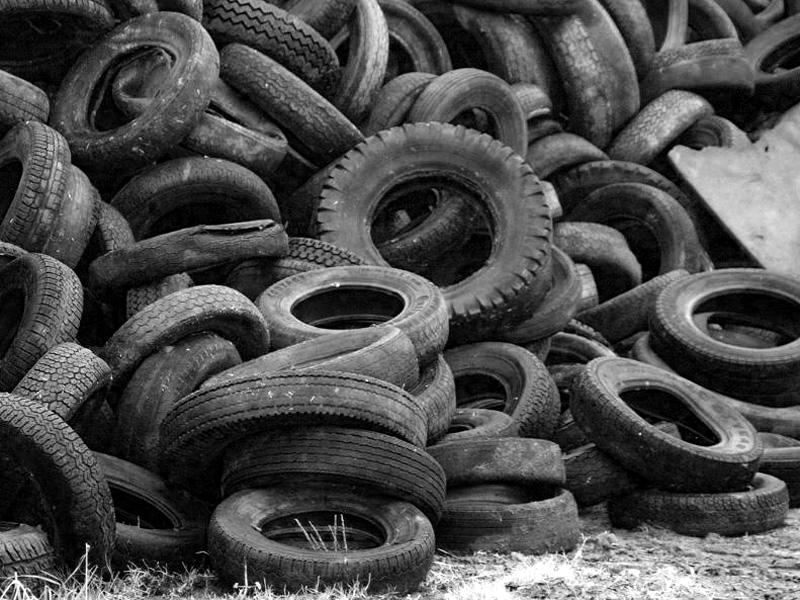
Nitrogen very well might be the future. Although it is expensive to fill nitrogen instead of simple air rather, it saves you from many diverse effects as discussed above. Let’s see how much time it takes for us to think about this particular issue. If you have any suggestions, let us know in the comments section below.

